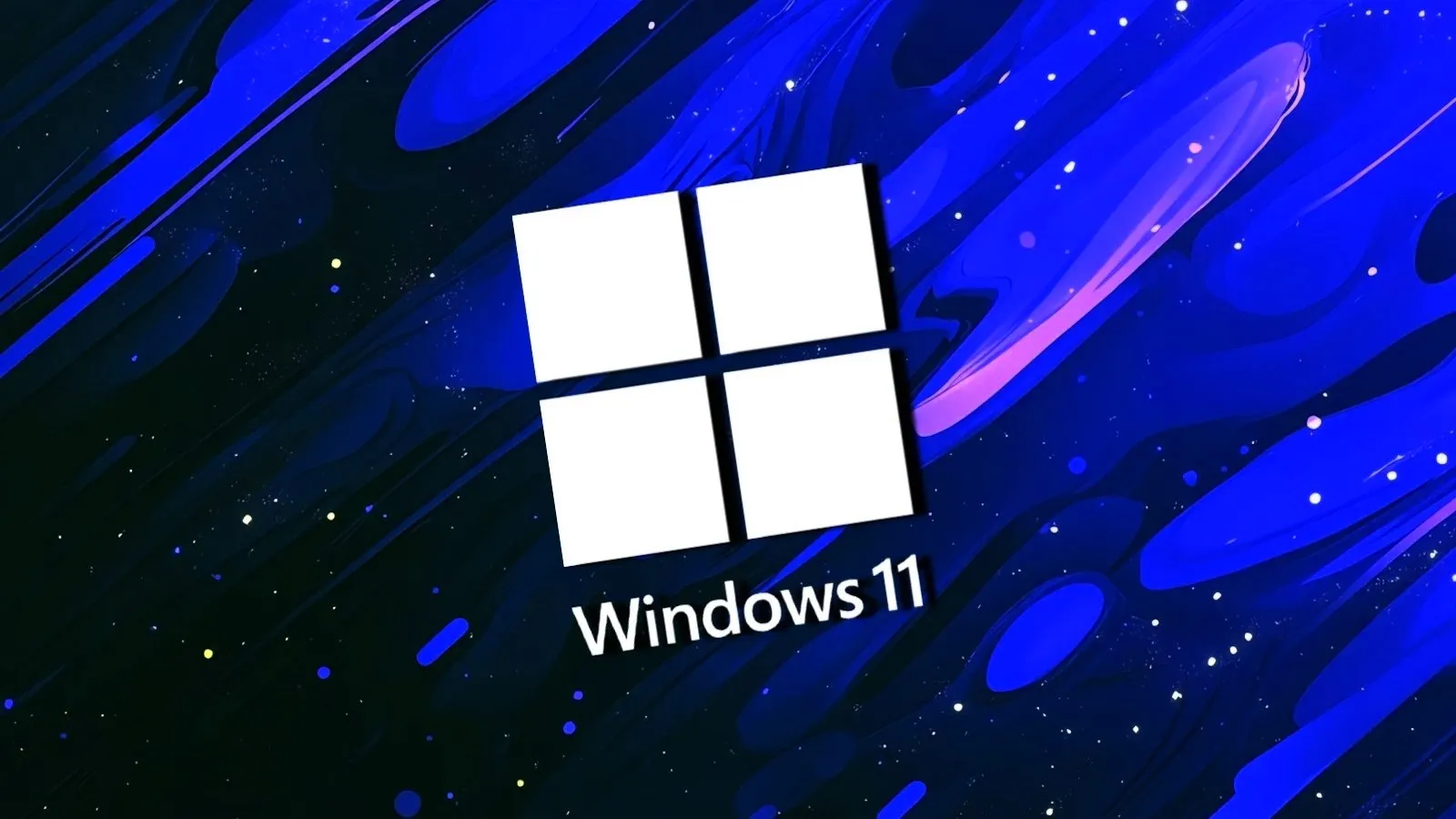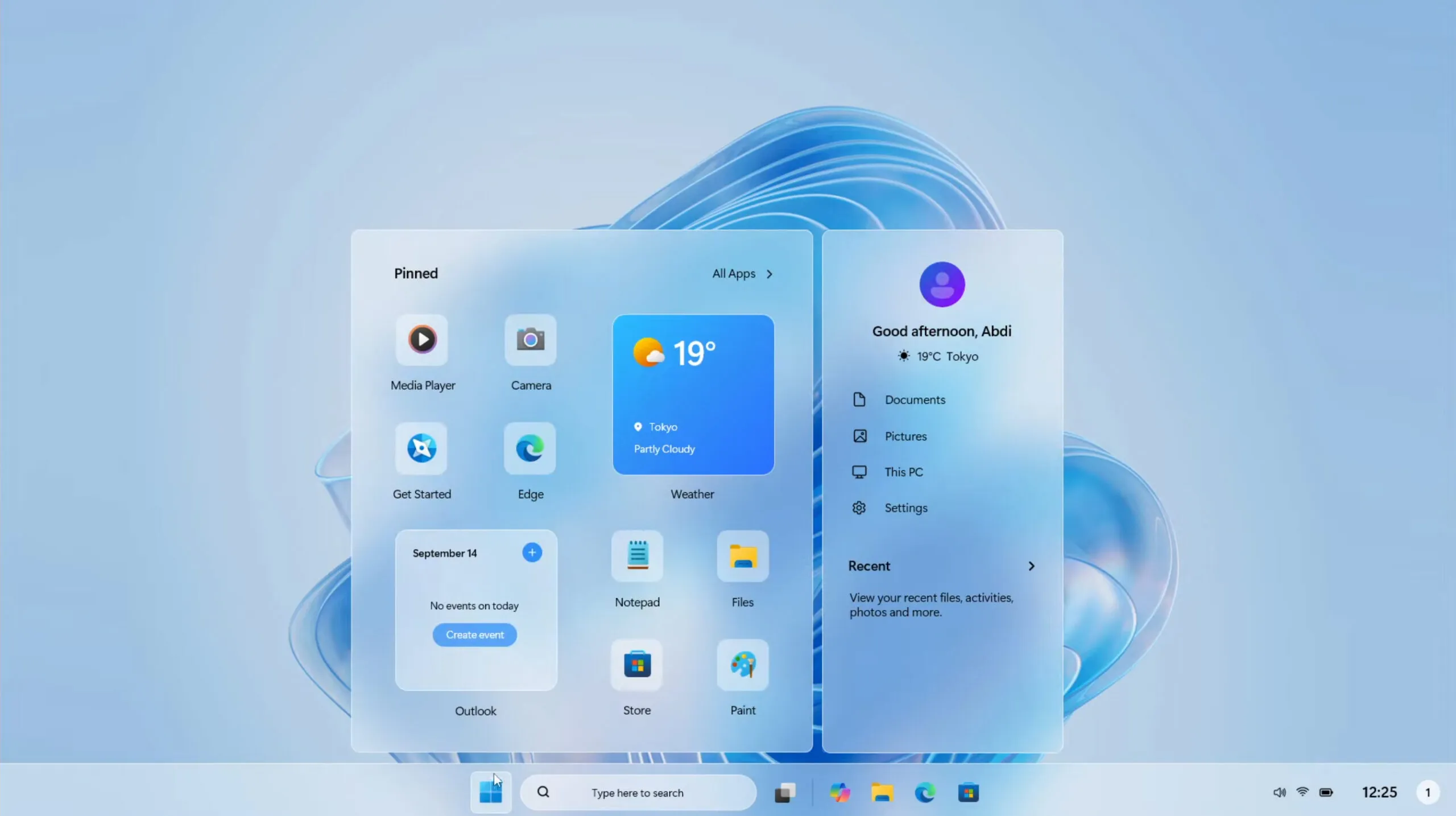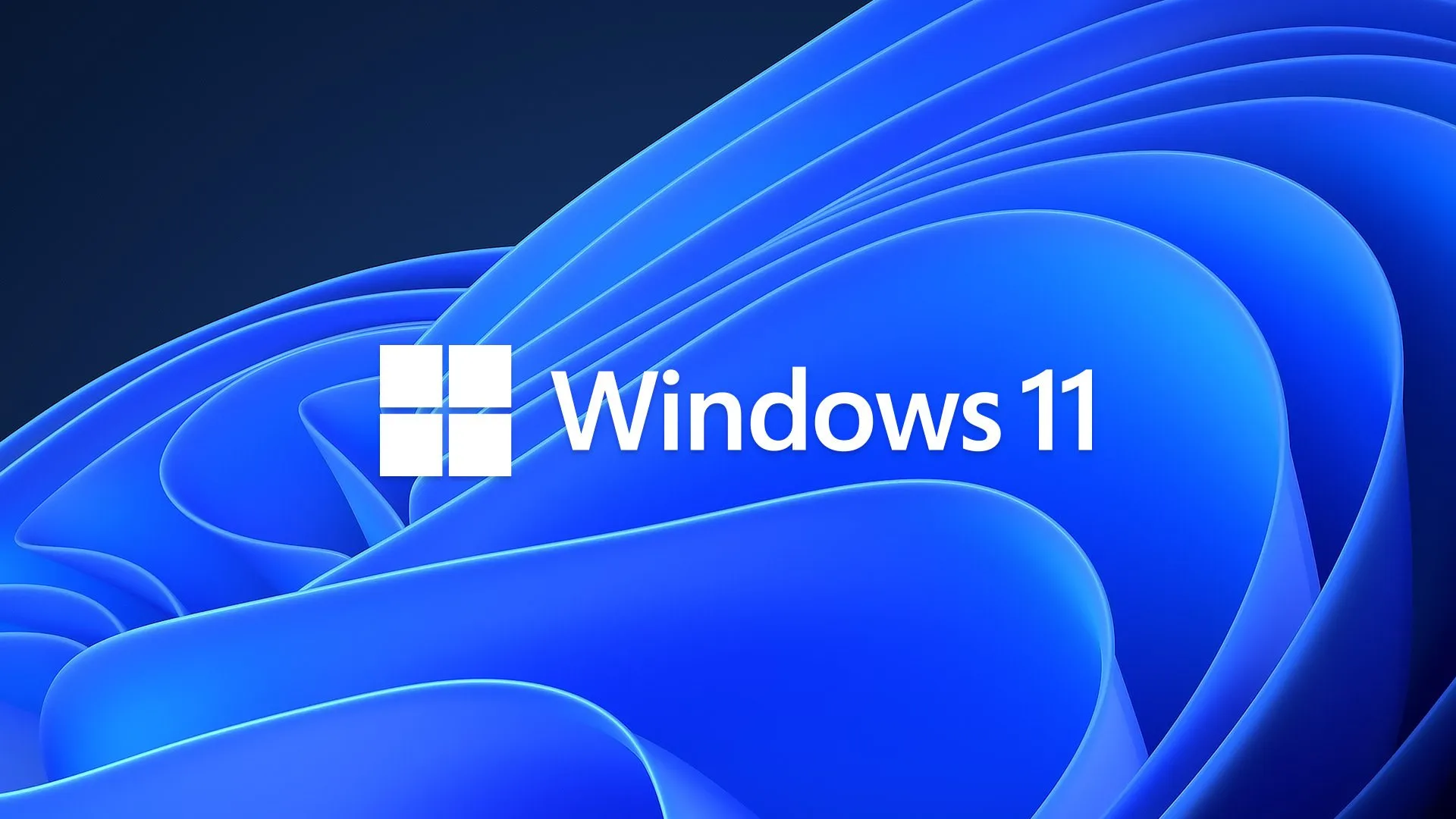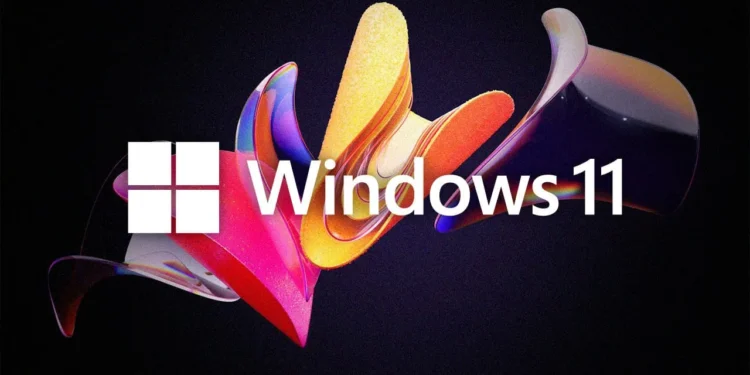Microsoft is gearing up for a significant update to Windows 11, preparing to test a new suite of platform changes that aim to streamline its operating system and enhance user experience. As technology enthusiasts and industry insiders look forward to the release of Windows 11 version 25H2, the tech giant is taking concrete steps to ensure its new build is robust, efficient, and ready for the future.

Pioneering Changes with the Snapdragon X2
The upcoming Snapdragon X2 chip is a game-changer for Windows 11, necessitating specific platform alterations that were previously exclusive to the Windows Canary Channel. Now, these essential changes are making their way to the Dev Channel, signaling Microsoft’s commitment to supporting cutting-edge hardware. This move will facilitate smoother operation of Germanium-based versions of Windows 11 on devices powered by the new Snapdragon chip.
“Microsoft’s integration of Snapdragon X2 specific changes into the Dev Channel highlights their proactive approach to hardware compatibility, ensuring that Windows 11 will offer enhanced performance on modern devices,” noted a recent report by Windows Central.

The Role of Germanium in Windows Evolution
Germanium currently underpins Windows 11 version 24H2 and is expected to continue as the foundation for the upcoming 25H2 release. Although not officially confirmed, Microsoft’s strategy to backport key development features to Germanium implies a shared platform release for both versions. This not only promises improved performance and security but also indicates a streamlined process for future updates and bug fixes.
The continuity of Germanium as a platform suggests a seamless transition and uniformity in user experience across different versions of Windows 11. “Sharing the same platform between 24H2 and 25H2 will allow Microsoft to deliver updates more efficiently, ensuring that users experience fewer disruptions and enjoy faster and less complex upgrades,” explained a Windows Central analyst.
Unifying Windows Platform Versions
With three different platform releases currently in use—Vibranium, Nickel, and Germanium—Microsoft has been actively working to reduce fragmentation across its Windows versions. The upcoming end of support for Windows 10 in October marks a pivotal moment for the company to potentially consolidate these platforms into a single, more unified system, most likely Germanium. This consolidation would not only simplify the user experience but also enhance security and support across devices.

While the official announcement for Windows 11 version 25H2 is still forthcoming, expectations are high for its release in the second half of 2025. With both Windows 11 version 23H2 and Windows 10 version 22H2 support concluding later this year, the introduction of 25H2 could be a critical step for Microsoft in streamlining its operating system framework and providing users with a more consistent and modern computing environment.










